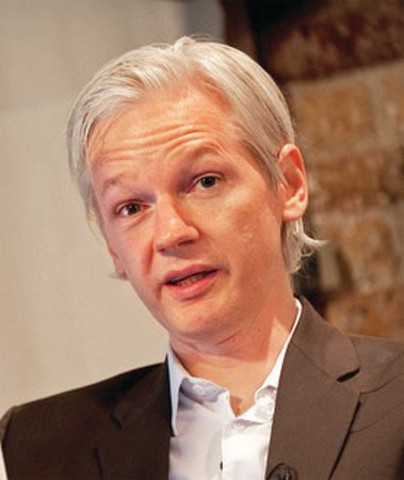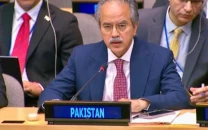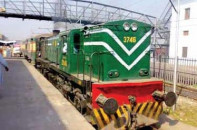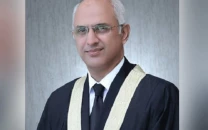Documenting Pakistan
Can a Western-made documentary on Pakistan avoid the standard cliches?

When I first saw the trailer at an event at Asia Society in New York, I wondered if Without Shepherds was going to be just another documentary churned out using the typical formula of Pakistani subjects in light of the ongoing ‘war on terror’. Was Pakistan being cashed in on again, given the fact that we’ve been sitting on a geopolitical fault line for the past few years?
Recently I saw a short documentary on the BBC based on art, culture and lifestyle in Afghanistan. It featured fascinating clips about spas, hair salons, musicians and female journalists. Thankfully, it didn’t dip its toes too deep into the pool of politics, and this resulted in content that was not only richer but infinitely more refreshing. One clip showed a male Afghan hairstylist sporting a pony tail, while others featured a young Afghan rock band that produces songs in English, and an Afghan female politician who is also a professional singer.
While I’m not propagating an idealistic depiction of Pakistan, I just nurture the opinion that we must break free from this typical surviving-in-the-time-of-barbarity formula which fuels stereotypes. Documentaries are productions that are trusted as sources of unbiased information, depicting nothing but the truth. But it’s important to remember that they too, propagate a certain viewpoint. And that’s what is dangerous. I have always trusted that there is much more to Pakistan than terrorism, madness and barbarity, but lately I have had to question this belief.
I’ve felt disillusioned and jaded like many other Pakistanis. The onset of 2011 didn’t help — Salmaan Taseer and Shahbaz Bhatti were both assassinated for a cause that they believed in. And now my belief lies six feet underground. So can a documentary on Pakistan refrain from bringing in the political dimension, just like the BBC documentary on Afghanistan? That is certainly something to ponder.
In an email interview, the director McClelland, said he sawPakistan as an “ideal country to explore. From a distance, it seemed to be a country of paradoxes — somehow between democracy and dictatorship, peace and war, secular and religious. I relished the idea of doing something that would cut against the typical tropes in the headlines, and spoke from a more intimate connection to the communities there. It seemed the question of ‘where is Pakistan going’ would be more pivotal to the region than any other. Hopefully, we can add some much-needed balance and humanity to the discussion.”
During the shooting of the documentary, McClelland did encounter some “very natural suspicion people had for an American filmmaker” but as a self-described liberal American he “would have hated to reinforce any stereotypes and misunderstandings.”
The project has been a joint partnership between Pakistani filmmakers right from the get-go.
“We worked with highly professional crews from Karachi, top documentary teams in Lahore, and journalists from Islamabad and Peshawar as researchers and consultants,” says McClelland. Even in New York, the post-production team included Pakistani editors, sound engineers, translators and experts in community outreach.
For McClelland and his team, the quest for the subjects in his documentary was a “very organic process.” Pakistani filmmakers and journalists were consulted about the subjects and the content. Imran Khan was chosen because the crew wanted the story of the government to be told, with a fresh perspective, and Imran Khan’s boycott of the election and participation in the Lawyer’s Movement gave them just that.
McClelland unassumingly admits: “We were outsiders and had a lot to learn about the country before final choices could be made.” Therefore the crew travelled the country extensively in search of subjects and their stories. After identifying their main subjects, the documentary’s filming process was soon put in motion.
“The arts have tremendous potential to balance out this paranoia by promoting humanism and presenting context,” says McClelland citing the Pakistani Peace Builder’s Sufi Festival held in New York last year, which garnered much positive media attention.
The idea behind Without Shepherds was that “the Americans on the team were here to frame the questions that matter most to an international audience, but the Pakistanis were there to provide the answers. Hopefully, when people see the finished product they will agree we did this mission justice.”
For now, the release of Without Shepherds has been halted, due to a serious dearth of funds. Hopefully, the documentary is positive, sensitive and empathetic in its treatment of Pakistan and its people.
The author is a freelance journalist. She may be reached at: sonyarehman@gmail.com
Published in The Express Tribune, Sunday Magazine, April 10th, 2011.



















COMMENTS
Comments are moderated and generally will be posted if they are on-topic and not abusive.
For more information, please see our Comments FAQ